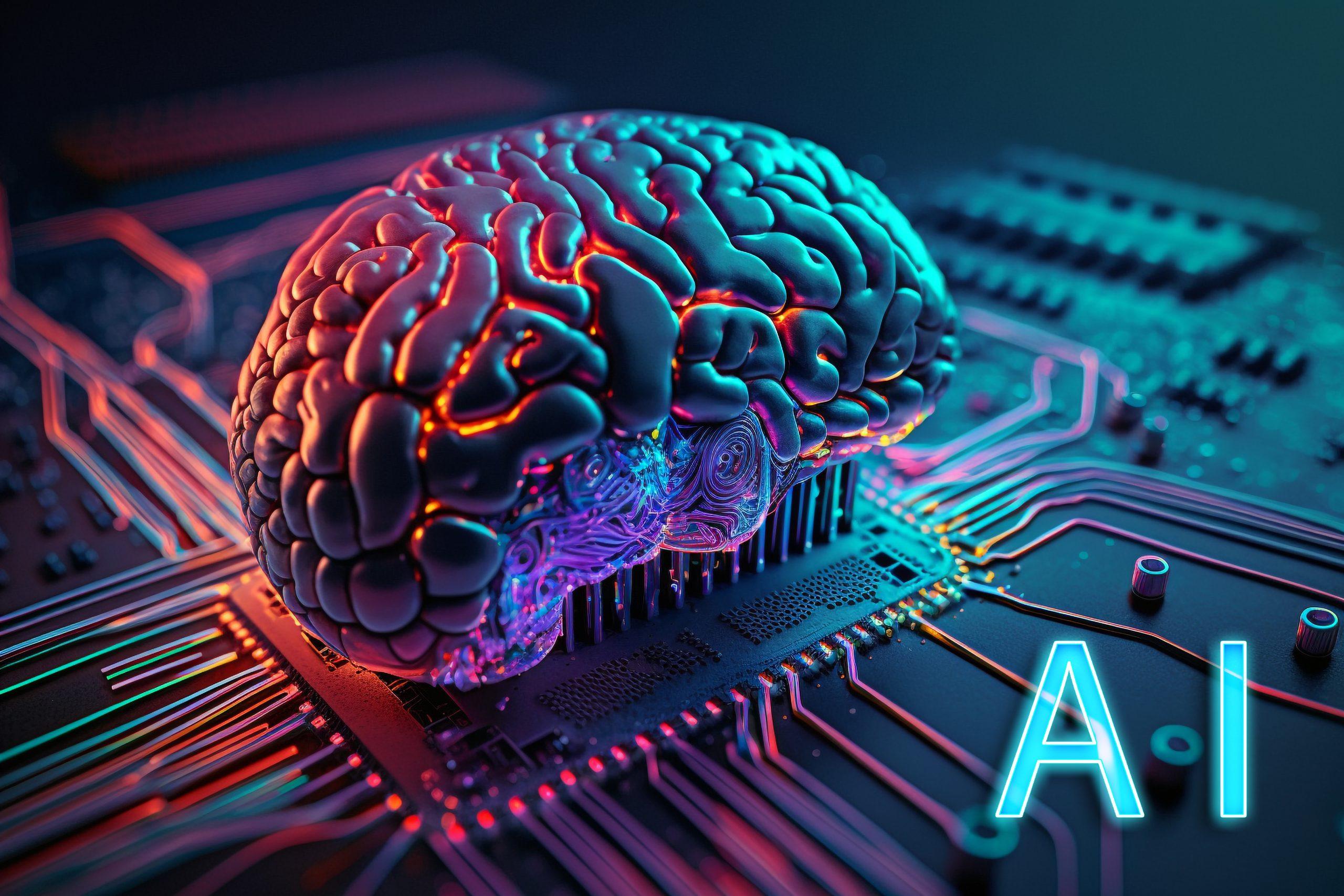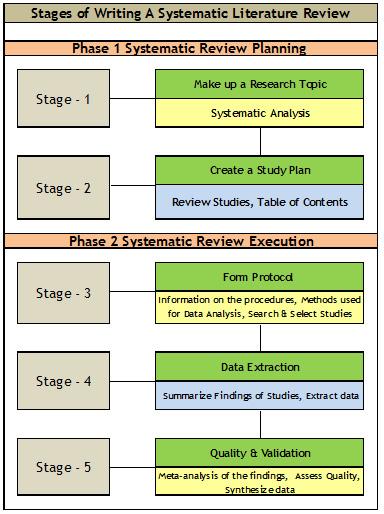Introduction
In the rapidly evolving landscape of project management, the integration of Artificial Intelligence (AI) has emerged as a game-changer, particularly within the realm of civil engineering. As we stand on the brink of a new era where sustainability is not just a goal but a necessity, AI offers a beacon of hope, promising to redefine traditional project management practices. This article delves into the profound influence of AI in civil engineering, focusing on its pivotal role in steering projects towards sustainable development. Through a systematic literature review, we uncover how cutting-edge AI tools, software, and methodologies are not only enhancing efficiency and productivity but are also paving the way for a more sustainable future.
AI-Driven Tools and Software in Project Management
- Automated Task Management: Discover how AI algorithms can automate routine tasks, freeing up project managers to focus on strategic decision-making.
- Predictive Analytics: Learn about AI’s capability to predict project timelines and outcomes with remarkable accuracy, enabling better planning and resource allocation.
- Resource Optimization: Explore AI solutions that optimize the use of resources, reducing waste and promoting sustainability in project execution.
- Risk Management: Understand how AI can identify potential risks before they become problematic, ensuring smoother project delivery.
Methodologies Enabled by AI
- Agile Project Management: See how AI enhances the Agile methodology, making it more responsive and efficient.
- Lean Management: Find out how AI contributes to Lean management practices by streamlining processes and eliminating inefficiencies.
- Hybrid Approaches: Discover the innovative ways in which AI is being used to combine different project management methodologies for superior results.
Empowering Business Professionals
This content is designed to empower business professionals, including project managers, executives, and operations leaders, to confidently explore and adopt AI-driven project management solutions. By presenting the latest advancements in AI through a clear, engaging, and actionable lens, we aim to bridge the knowledge gap and encourage the integration of AI tools and methodologies in civil engineering projects. The goal is not only to enhance project outcomes but also to contribute significantly to the broader objective of sustainable development.
Conclusion
As AI continues to advance, its influence on project management, especially within the sphere of civil engineering, is undeniable. By automating tasks, predicting outcomes, optimizing resources, and managing risks more effectively, AI-driven tools and methodologies offer a promising pathway to achieving sustainability in project execution. This article has provided a glimpse into the future of project management, where AI plays a central role in driving efficiency, productivity, and sustainability. Business professionals are encouraged to leverage these insights to harness the full potential of AI in transforming their project management practices for the better. In the realm of civil engineering, the integration of Artificial Intelligence (AI) is not just a futuristic concept but a present-day reality that is reshaping project management practices. AI-driven tools and software are at the forefront, offering unprecedented capabilities in enhancing resource allocation and cost efficiency. These tools leverage machine learning algorithms and data analytics to predict project outcomes, optimize resource distribution, and minimize waste, thereby supporting sustainable development goals. For instance, AI applications can analyze historical data and current project metrics to forecast potential delays or budget overruns, allowing project managers to make proactive adjustments.
Navigating the future involves understanding AI’s role in fostering sustainable civil engineering practices. AI technologies such as predictive analytics and intelligent automation are instrumental in designing eco-friendly infrastructure projects, assessing environmental impact, and ensuring compliance with sustainability standards. Below is a simplified overview of how AI tools are being applied in civil engineering project management:
- Predictive Analytics: Utilizes past project data to forecast future project timelines, helping in the early identification of risks and the formulation of mitigation strategies.
- Resource Optimization: AI algorithms analyze project requirements against available resources to suggest the most efficient allocation, reducing waste and improving cost management.
- Automated Compliance Checks: AI systems can automatically review project plans against environmental regulations and sustainability criteria, ensuring all designs are compliant and sustainable.
| AI Tool | Application in Civil Engineering | Benefit |
|---|---|---|
| Predictive Analytics | Risk Management | Early risk detection and mitigation |
| Resource Optimization | Efficient Use of Materials and Labor | Cost reduction and sustainability |
| Automated Compliance Checks | Regulatory Adherence | Ensures project sustainability |
By embracing these AI-driven tools and methodologies, civil engineering projects can not only achieve higher levels of efficiency and cost-effectiveness but also contribute significantly to sustainable development. This transformative approach underscores the importance of integrating AI into project management practices, paving the way for a more sustainable and technologically advanced future in civil engineering.
Key Takeaways
As we conclude our exploration of the transformative influence of Artificial Intelligence (AI) in civil engineering toward sustainable development, it’s clear that the integration of AI technologies offers a promising avenue for enhancing project management practices across the board. The systematic literature review we’ve delved into underscores the significant potential AI holds in revolutionizing how projects are conceived, planned, executed, and monitored in the civil engineering sector, with a keen eye on sustainability.
Key Takeaways:
- AI-driven Tools and Software: We’ve seen a range of AI tools and software that can automate mundane tasks, predict project timelines with greater accuracy, and optimize resource allocation. These tools not only streamline project management processes but also contribute to more sustainable engineering practices by reducing waste and improving efficiency.
- Methodologies for Implementation: The adoption of AI in project management is not without its challenges. However, the methodologies discussed provide a roadmap for businesses to integrate AI technologies seamlessly into their operations. By following these guidelines, companies can overcome common hurdles and fully harness the power of AI.
- Impact on Project Success: The evidence is clear—AI has the potential to significantly improve project outcomes. From enhancing decision-making through data-driven insights to predicting potential project risks before they become problematic, AI technologies empower project managers to lead with confidence and achieve better results.
Moving Forward:
As business professionals, project managers, executives, and operations leaders, the onus is on us to stay ahead of the curve by embracing these AI-driven innovations. The journey toward integrating AI into our project management practices may seem daunting at first, but the rewards—increased productivity, improved project success rates, and a stronger commitment to sustainable development—are well worth the effort.
Actionable Steps:
- Educate Your Team: Begin by raising awareness about the benefits and capabilities of AI in project management within your organization.
- Evaluate AI Tools: Assess various AI tools and software to determine which ones align best with your project management needs and sustainability goals.
- Implement Gradually: Start with small-scale implementations to gauge the effectiveness of AI in your operations before scaling up.
Conclusion:
The intersection of AI and civil engineering presents an exciting frontier for sustainable development. By leveraging the insights from this systematic literature review, business professionals can make informed decisions about adopting AI-driven tools and methodologies in their project management practices. The future of project management is undeniably digital, and AI is at the forefront of this evolution. Let’s embrace this change, exploring new tools and technologies that can enhance our workflows and drive us toward a more sustainable, efficient, and successful future.
Remember, the journey to integrating AI into your project management practices is a continuous learning process. Stay curious, stay informed, and most importantly, stay open to the possibilities that AI brings to the table.
